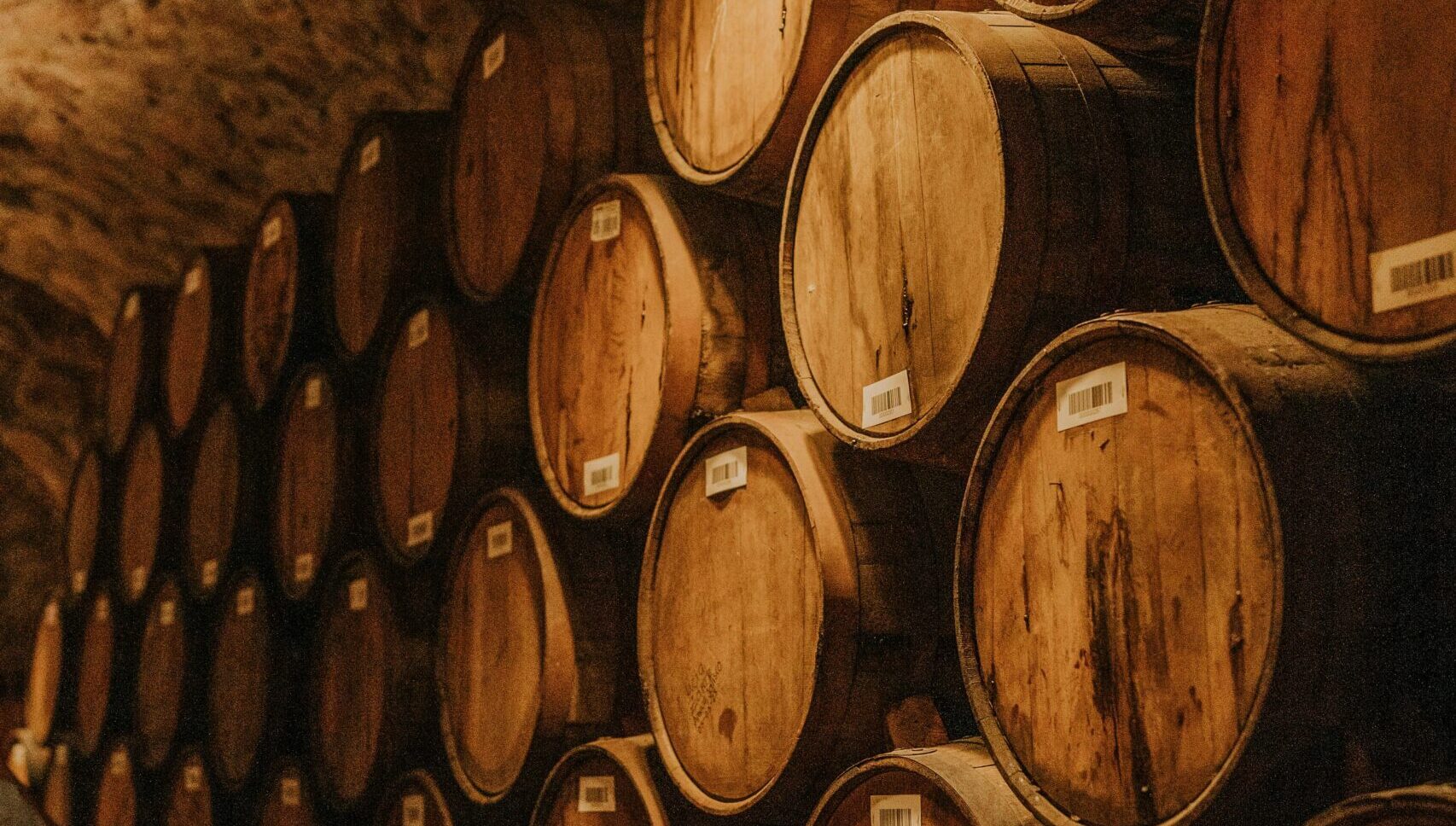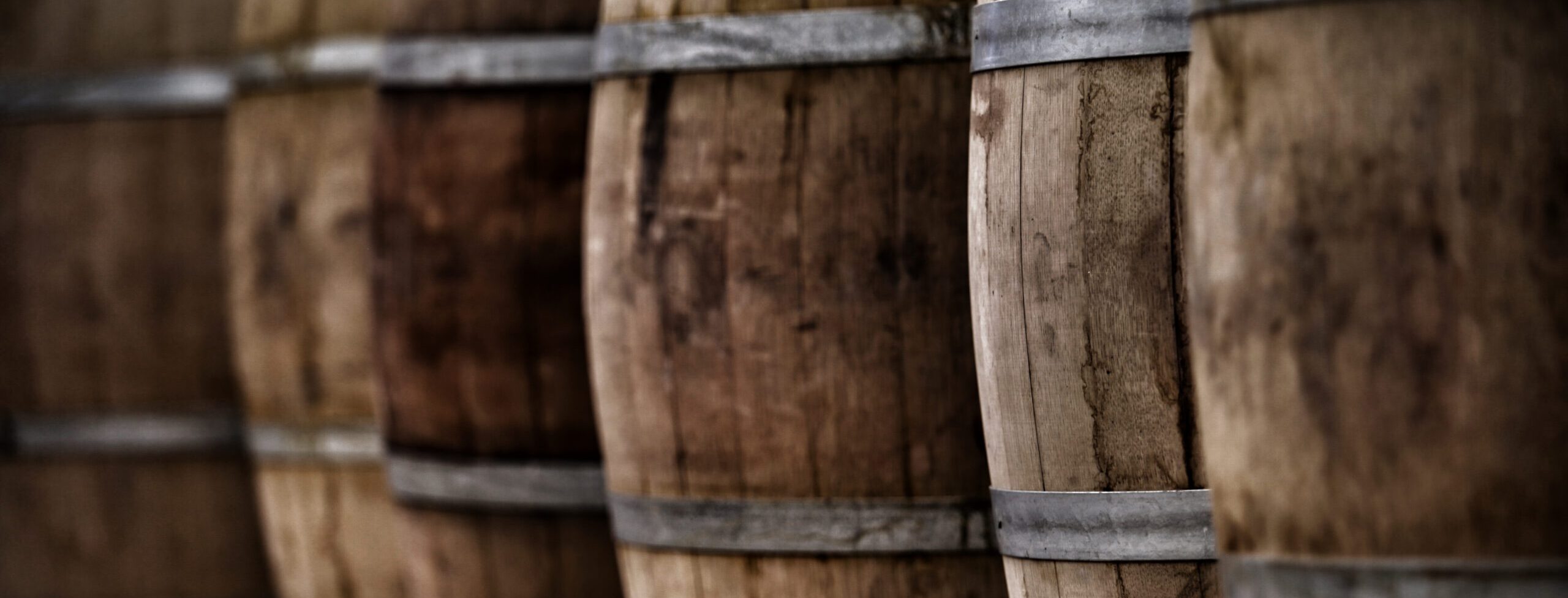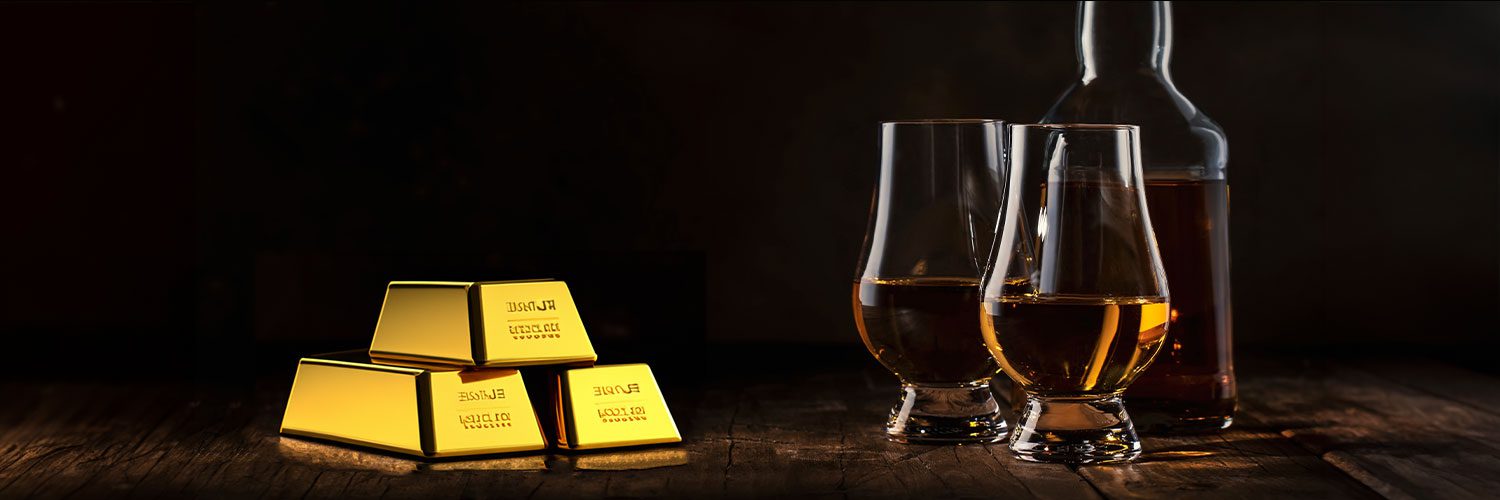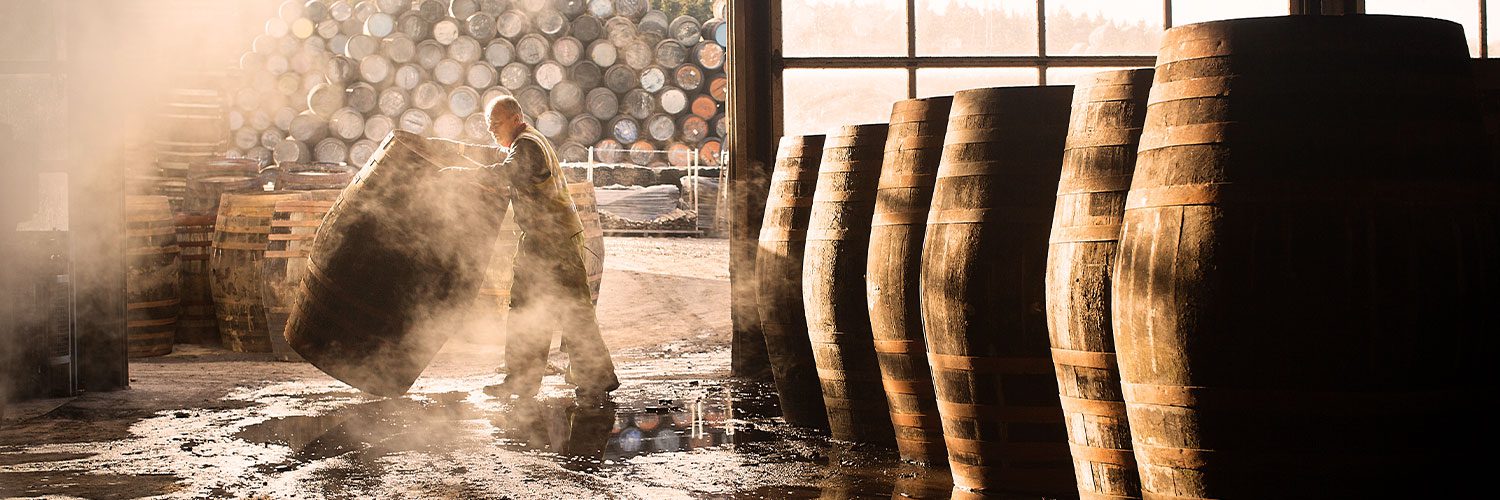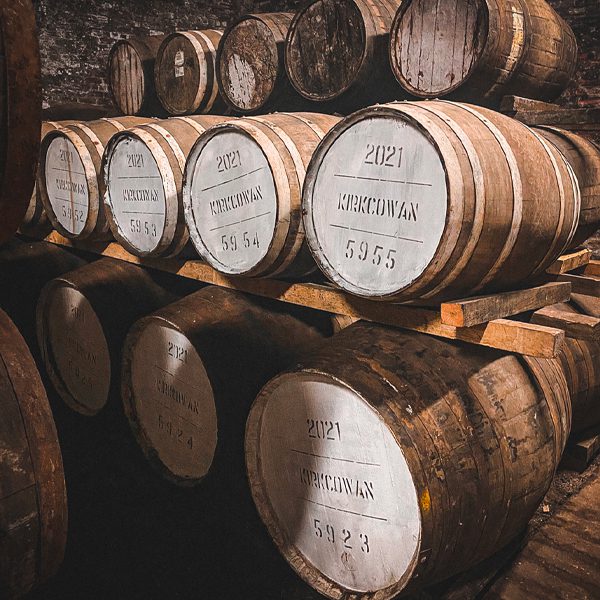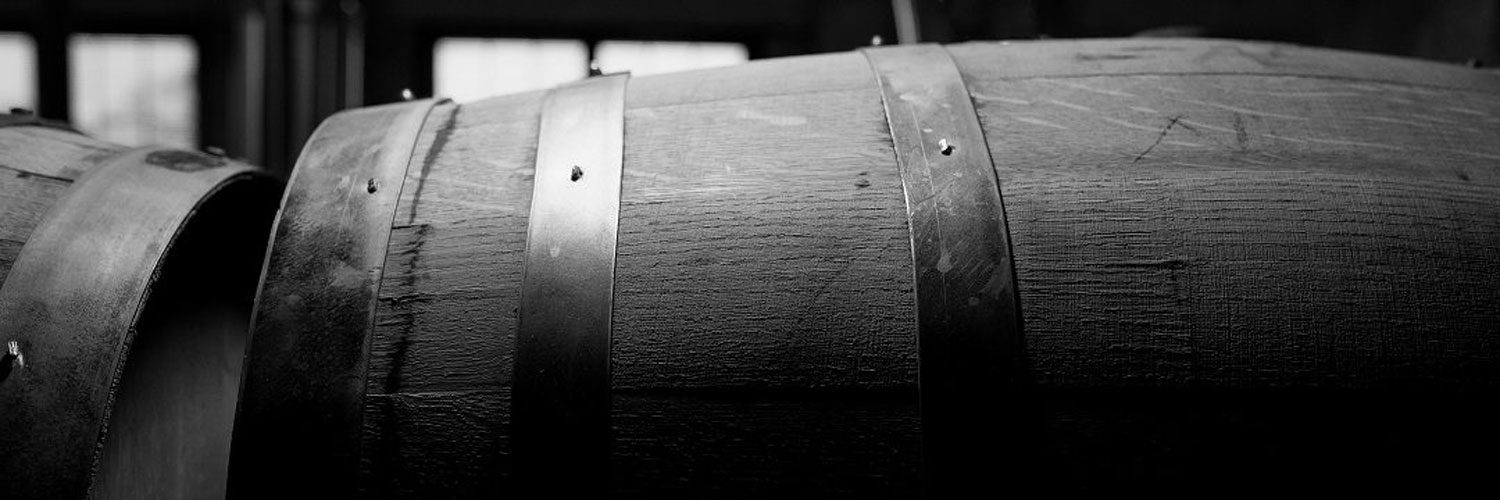Scotch whisky has already proved to be a hit with investors, with collectors around the world bidding huge sums for the rarest and most wanted bottles, but is it also a tonic for turbulent times?
 Learn
Learn

There’s no doubt that the Coronavirus has had a huge impact on the investment markets, with uncertainties around production, trade, transport, tourism and life itself still ongoing. People have lost their jobs, companies have gone under, entirely new lifestyles have replaced what we knew and the after-effects will be around long after the virus is finally brought under some kind of permanent control.
This has led to investors needing to find safer territories amidst the chaos. For many that has been the old faithful standard, gold. The gold price has risen by 34% since the start of the year, and in August broke through the $2,000 an ounce barrier. On Thursday 30 July alone, a total of 89.36m ounces, valued at $174bn, had changed hands, more than 50% higher than the previous record.
Ruth Crowell, chief executive of the London Bullion Market Association (LBMA), explained this by saying: “I can think of no clearer demonstration of gold’s role as a store of value than the enthusiasm with which investors across the world have turned to the metal during the unique social and economic turmoil of the past few months. Gold has once again proved to be the safe haven of choice in periods of uncertainty and high volatility.”
Whisky has been known as ‘liquid gold’ for some time and not just because it looks like it could actually be that. Even before the pandemic, bottles of whisky have been getting auctioned for as much as £2m while rare whisky values have grown an incredible 582% over the last ten years. And the pandemic seems to have done little to change that growth.
The 1,000 most sought after Scottish single malt whisky bottles measured in the Rare Whisky Apex 1000 Index have increased in value by almost 7-fold since 2010 and are still rising even throughout 2020. Investors may be getting scared away from some of the more volatile parts of the market, but it’s clear that whisky is seen as something that is only going to keep growing for the foreseeable future.
But why is that? One reason is due to the way it’s made, with some whiskies needing to be aged 50 years before they are sold, so what becomes available this year is as much as was anticipated back in 1960, with no clue what the marketplace in 2020 would look like. So supplies are limited and cannot simply be increased to meet demand, meaning the value can only go up rather than down.
Other practical reasons for whisky’s popularity and value as an investment in these times is that it’s easy to store – certainly easier than gold for example, and if the very worst happens and it loses its monetary value, the investor always has the option of just drinking it themselves. And that’s hardly a bad option if you have a 50 year old Macallan otherwise going to waste.
So much of what makes whisky great is about the past, and not just because today’s whiskies have likely spent decades in barrels. The production methods at the great Scotch distilleries have been passed down the generations and traditions are an important part of their popularity. That’s why visiting them is a bucket list item for every whisky collector or aficionado.
But whisky isn’t an industry stuck in the past either, and that’s another reason why it is seen as a safe bet by investors. The increase in demand for whiskies both from drinkers and investors can’t be retrospectively met in terms of the amount produced five decades ago, but distilleries are expanding their operations to boost production now, with the likes of the Glenfiddich and others increasing their output.
The Macallan has recently built and opened the doors of a brand new £140 million distillery, doubling its previous production capacity. This is the sign of an industry in good health, despite the inevitable slowdown caused by the pandemic, which saw many Scottish distilleries have to either close or pivot to creating hand sanitiser instead. Production continues to be hit by health and safety restrictions and uncertainties around trade and exports, which have been down 30% for Scotch whisky in the first half of 2020.
However, as life continues to get back to normal again and lockdown restrictions are lifted, the signs are good for whisky as an industry and an investment. So, if you are looking for something to invest your money in during these ongoing times of trouble, it seems like your best bets would be whisky.



